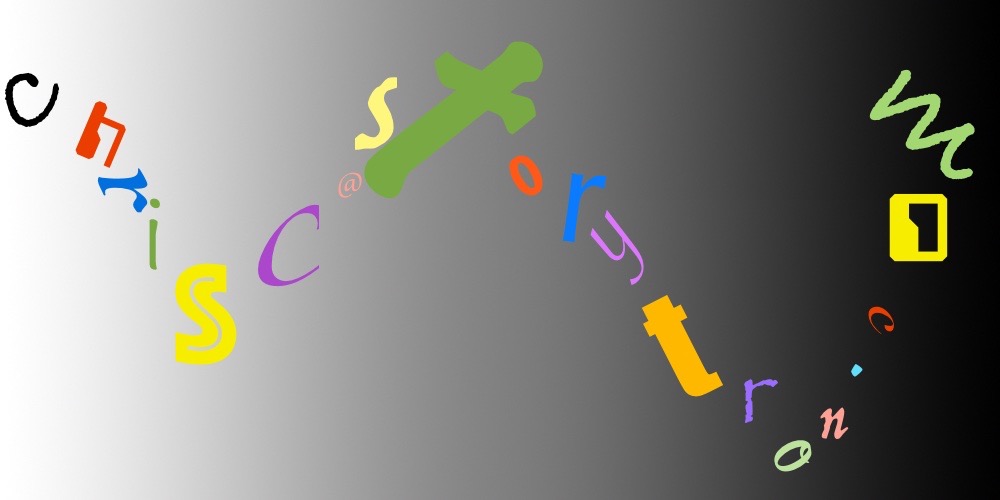I have never considered myself to possess especially high intelligence; I have eaten the dust of those few true geniuses I have known. But at an early age I decided that I could accomplish great things by careful training and adhering to a strict mental discipline. Think of it as kung fu for the mind: you need not be physically powerful to become a kung fu master; instead, careful training and intense dedication to discipline are the key.
From childhood, then, I have developed my own system of rules for thinking, a system that has given me the ability to accomplish some impressive things over the course of my life. It frustrates me to see so many people fall prey to simple cognitive mistakes; I think, “How can you be so smart and make such an obvious blunder?”
I have therefore resolved to teach my mental regimen to others. This is not just a collection of rules; it is an entire system of thought informed by information from a huge range of sources: cognitive science, physics, economics, history, military science, game design, computer programming, and everything else I have learned in the course of my life. Here is an outline of the material I propose to teach:
- Perceive your mind externally so as to be aware of and compensate for its weaknesses.
- The best way to understand how something (such as your mind) works is to understand its history: how it came to be the way it is.
- The history of thinking (a long story)
- Inculcate an absolute commitment to intellectual integrity.
- If you prefer one hypothesis over another, subject the first to the most ferocious of attacks.
- Whenever somebody offers an analysis that you had not already considered, deem it to be evidence of your own failure.
- Remember every mistake you have ever made.
- Be especially wary of the urge to acquiesce to common beliefs.
- Attack every problem from as many different angles as you can.
- Beware of tools; the tool shapes the hand of the user.
- Learn everything.
- Knowing facts confers knowledge, but understanding comes from grappling with processes, not facts.
- Creativity is built upon three factors: a broad base of understanding; intense emotional agonizing over the problem; and releasing the subconscious.
- It’s always more complicated than you thought.
- Keep asking, “What is the ESSENCE of the problem?”
I believe that I can communicate the gist of these ideas to a small group of students in five long days. I have chosen the week of August 1st for this course. The course will begin on Monday morning, August 1st and continue through Friday afternoon, August 5th. I will accept only seven students for the course. It will be held at my home in the mountains of southern Oregon. We will work outside as much as possible. Tuition will be $1500; a light breakfast and a full lunch will be provided.
Course Plan:
Monday: Your Brain Doesn’t Work: optical illusions; attention-based flaws; cognitive illusions.
Tuesday: How It Got That Way: evolution of human cognition; mental modules; the embodied mind
Wednesday: Process versus Data. mental recursion; big numbers; math
Thursday: language; story; boolean thinking; multifactor causation; ‘everything’s a bell curve’.
Friday: Creativity: the cognitive web; dreams; cognitive integration; wisdom
If I do not have at least seven firm commitments to attend by May 1st, I will cancel the course.
This is only a preliminary sketch of the course plan; I shall work out more details with time. If you are interested in the possibility of attending, please use the Contact Form at the top of this page. Or just use the address below, if you can decode it:

